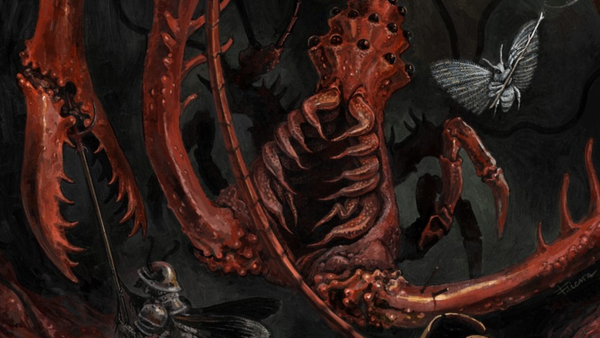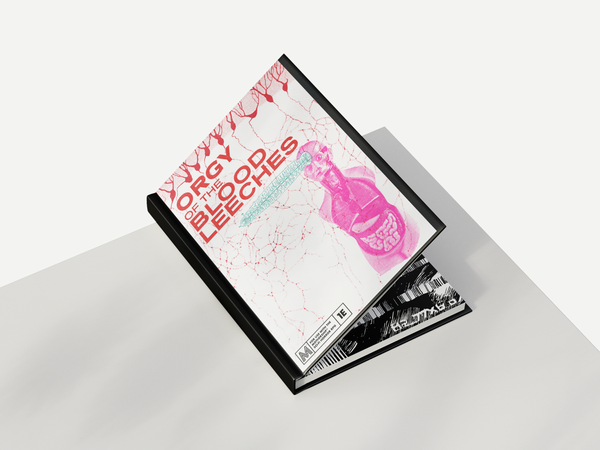Vagabond // Pulp Fantasy TTRPG now on Gamefound
A new low math, heavy action system steps up to the plate
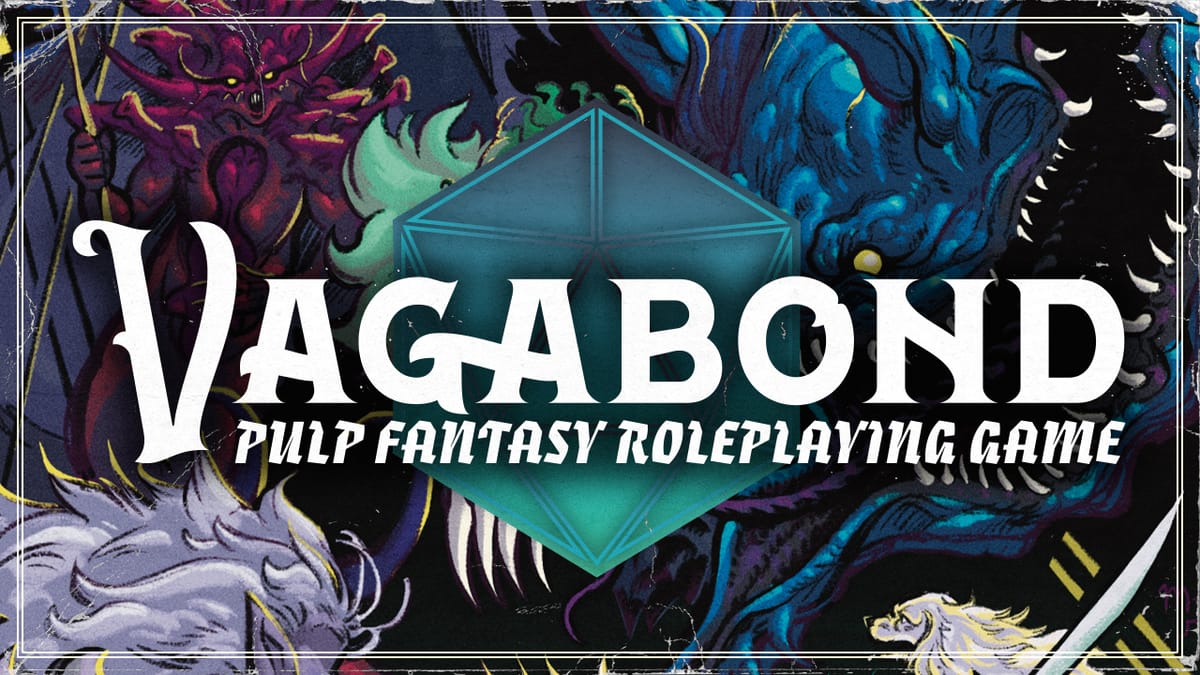
After successfully funding its development Kickstarter in 2023, the Vagabond d20 game engine from ENnie-winning designer, Taron "Indestructoboy" Pounds, is crowdfunding its first print run. This time, the print crowdfunding campaign is on Gamefound, who are seeking to bring more tabletop roleplaying projects to their site.
Vagabond is a "lean-and-mean" d20-based system, laser-focused on practical play without sacrificing modern TTRPG character expression. It was designed from the ground-up to be a "game that could run itself", removing unnecessary micromanaging from the game master, while not killing the fun character builds of modern systems. As of right now, the game includes:
- 18 Full Classes
- 20 Ancestries
- Dozens of Perks
- Millions of potential Spell combinations
- 200+ Monster statblocks
A new d20 resolution
All rolls are player-facing and present on the character sheet. d20 rolls are made against a Difficulty, calculated as 20 minus the applicable Stat. If the character is Trained with the Skill, the Stat is doubled when calculating the difficulty.
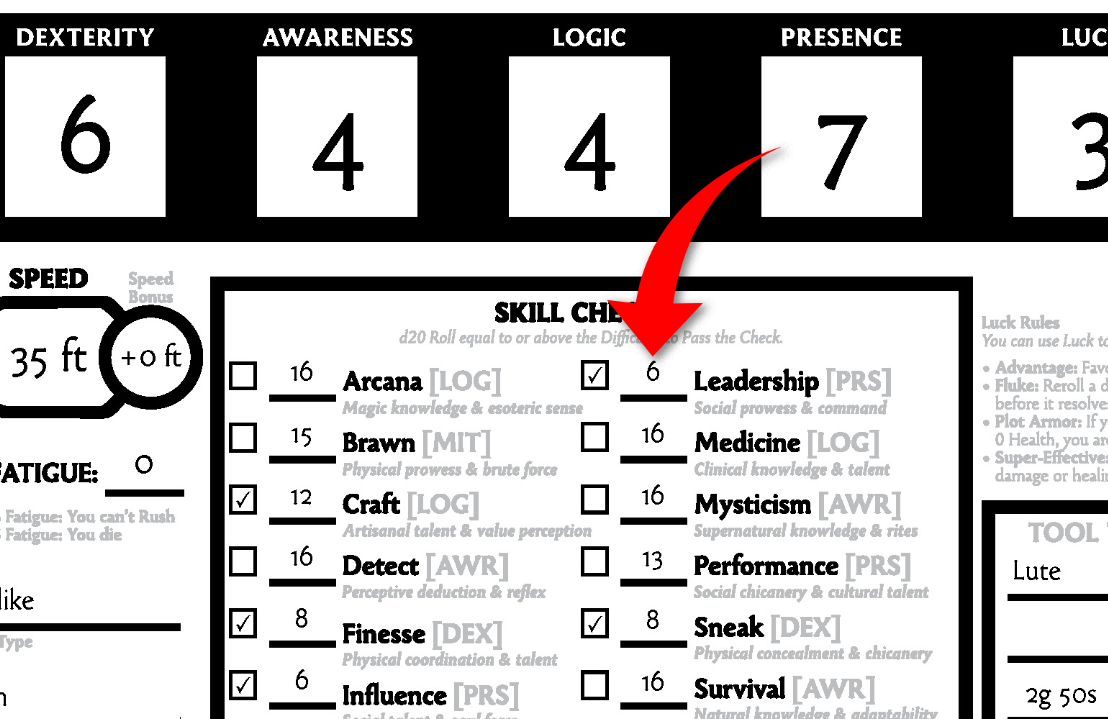
Because of this new resolution mechanic, Vagabond supports Solo, Co-Op, and traditional Guided play. Its damage structure is based on Moldvay's Basic/Expert, so Vagabond is compatible with adventures written for B/X, Old School Essentials, and other B/X-derivative systems.
The big difference here is that enemies are assumed to hit and evade the characters' attacks. Armor Class is gone, in favor of Armor as mitigation, akin to Mörk Borg and resistance in Pathfinder. Armor is a flat number that reduces the damage of attacks, and players have the option of either Dodging or Parrying enemy attacks.
Initiative is group-based, and the order is determined by rolling a d6 unless it's clear which side goes first (such as by being surprised). The players are encouraged to work out attack and spell combinations, making combat feel more like Chrono Trigger than the sort of Fire Emblem or Final Fantasy feel of individual turns.
After character creation, calculations are few and far between. There's no modifier to add to checks, saves, and damage, players always know what they need to hit, and the game master is free to run the world. When I say this makes combat fast, we can give you actual numbers. Playtests have finished 20 room dungeons with brand new players in three hours, and combats wrapping up within 5 to 10 minutes.
A new vision for magic
Despite its B/X roots, Vagabond's magic system is non-Vancian. Essentially, every Spell is a "cantrip" that can be augmented with the Mana Point system to change its targets and area-of-effect. If you know the Burn Spell, you could create effects like 5E's firebolt, fireball, flaming sphere, and wall of flames all with the same Spell. This flexible casting system is built upon those of Knave, Errant, and Neoclassical Geek Revival, but given a bit more structure for tactical combat.
Spell Lists aren't restricted to certain classes, and the designs of Class Features aren't as limited by your stats for their effectiveness. This means you can build your Wizard as a healer, your Luminary as a blaster, your Sorcerer as a gish, whatever comes to mind!
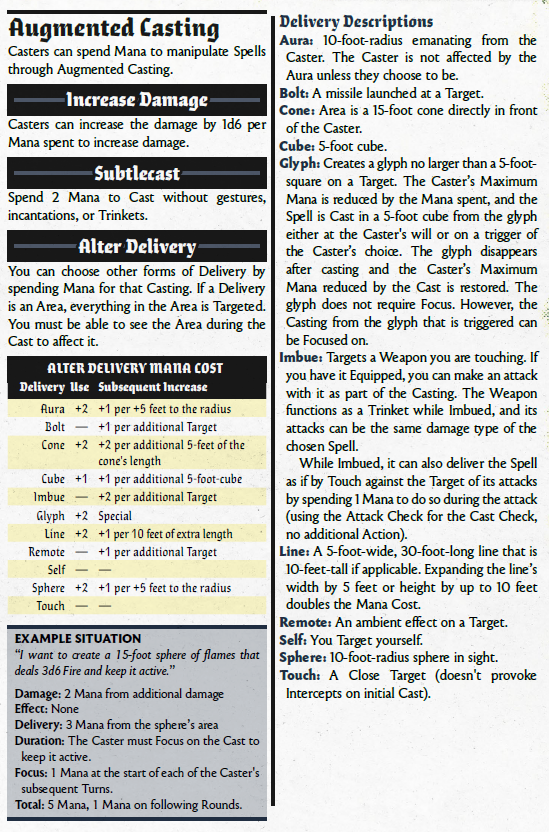
A system that "runs itself"
Vagabond started development with the idea that a system that would be easier for GMs would be one with the rule integrity to resolve interactions without needing interpretation. While always engineered for Guided play, Solo and Co-Op were the guiding force behind how mechanics resolve and were implemented and worded. In addition to its player-facing resolution mechanic, enemies have an AI that the GM can choose to use, as shown on the Skeljaskrimsli statblock below.
Its Zone is a brief summary of how it uses its Action and Move. Its Actions are also shown in priority of use, from top to bottom. It will always try to take its highest action if available. With a Frontline Zone, the Skeljaskrimsli stays close to a creature on an opposing side, and its Maul Action is what it prioritizes using. This is intended to help self-adjudicate solo and co-op play, but it can be used by GMs to take another load off their already full plate.
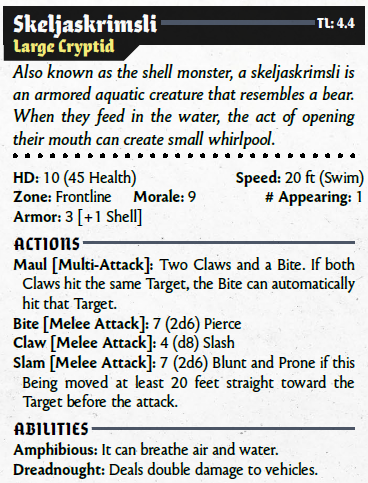
Where can I find out more?
You don't have to wait to play. In fact, full 1st to 10th Level campaigns have already been played in the system. Vagabond is currently in a pre-release state on the Land of the Blind store. Final polishing is happening to the system, with new art and bug fixes still under way. The final deliverable of the game is anticipated by December 2024.
A free, 1st to 3rd Level Quickstart is also available on the Land of the Blind store and DriveThruRPG, which includes the solo/co-op Quest Ruinous League, a procedurally-generated dungeon crawl that can be replayed endlessly.
If you want to help Vagabond see its print run, the campaign on Gamefound is linked here as well.



